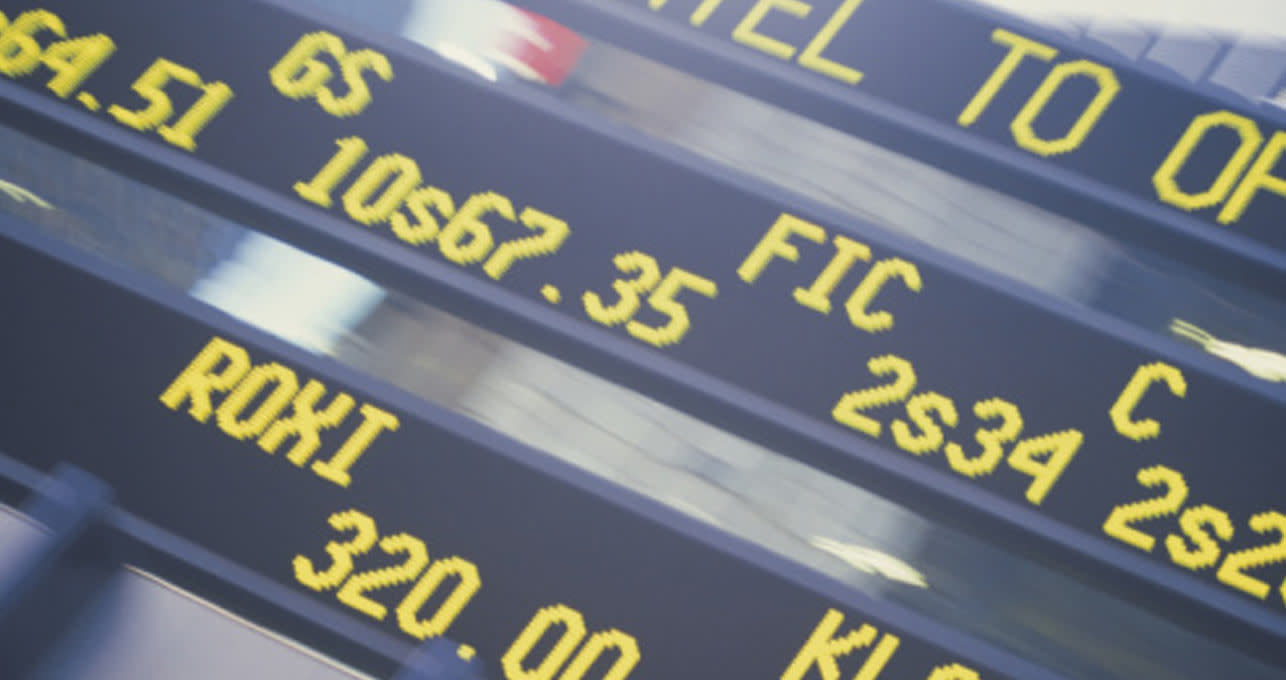Dowlais’ underlying first-half sales fell 5.1% to £2.6bn. A 6.3% decline in the Automotive division was the main driver due to volatility in Battery Electric Vehicle (BEV) production schedules among customers of the group’s ePowertrain product line.
Operating profit fell 15% to £151mn, with cost management and pricing actions not enough to prevent a small fall in the margin.
Free cash flow was down 70% to £10mn and net debt came in £68mn higher at £915mn.
Full-year revenue guidance has been downgraded from a slight decline to a mid-to-high single digit drop. The 2024 operating margin is expected to land between 6.0% and 7.0% compared to previous guidance of growth to exceed the 6.5% level seen in 2023.
The shares were down 5.2% following the announcement.
Our view
Dowlais’ first half results revealed a further deterioration in trading after a weak start to the year.
Weakness in electric vehicle volumes has offset stronger performances elsewhere in the business, ultimately leading to a second downgrade in full-year revenue expectations.
Its largest division, GKN Automotive, remains the driving force behind the group's performance. It produces drivetrain components, which are a group of parts that connect a car's engine to the wheels and other parts of the car.
The group's got market-leading positions on many of these components. It serves around 90% of global car manufacturers, with the group's parts finding their way onto around half of these manufacturers’ cars. And because of the wide variety of car manufacturers this division works with, revenues are spread across multiple geographies. This helps to diversify some risk if certain markets slow down for any reason.
With the switch to electric vehicles (EVs) looking inevitable, we think Dowlais could be a major long-term beneficiary of the transition due to its market-leading positions in the EV space too. 2023’s automotive orders climbed to record levels worth more than £6bn over the contract lifetimes, with a mammoth 74% of this being EV-related. However, that pace has slowed so far in 2024. With so much economic uncertainty hanging over the market, not every consumer is confident enough to sign the dotted line for a new car right now.
That means the timing of an upturn looks far from certain, and sentiment is likely to remain weak for the immediate future.
The Powder Metallurgy business accounts for around a fifth of group revenue. It specialises in turning powdered metals into high-precision components. However, it’s potentially up for sale. Its sales and margins are holding up better than the automotive division. So management needs to ensure that any price negotiated compensates shareholders for the negative impact a disposal is likely to have on group financial performance.
Elsewhere, the group has made some impressive efficiency gains, but the dip in demand is putting cash flow under pressure. The dividend has been held for now but, with cash allocation priorities under review, there are some question marks around the viability of the 7.7% dividend yield.
Ultimately, Dowlais has a strong market position and, in the long-run, we see the electric transition as a big tailwind for the group. However, such a big change was always likely to hit a road bump. The current challenges are reflected by a valuation towards the bottom of the peer group. With ongoing volatility amongst the customer base there could be more ups and downs ahead.
Dowlais key facts
All ratios are sourced from Refinitiv, based on previous day’s closing values. Please remember yields are variable and not a reliable indicator of future income. Keep in mind key figures shouldn’t be looked at on their own – it’s important to understand the big picture.
This article is original Hargreaves Lansdown content, published by Hargreaves Lansdown. It was correct as at the date of publication, and our views may have changed since then. Unless otherwise stated estimates, including prospective yields, are a consensus of analyst forecasts provided by Refinitiv. These estimates are not a reliable indicator of future performance. Yields are variable and not guaranteed. Investments rise and fall in value so investors could make a loss.
This article is not advice or a recommendation to buy, sell or hold any investment. No view is given on the present or future value or price of any investment, and investors should form their own view on any proposed investment. This article has not been prepared in accordance with legal requirements designed to promote the independence of investment research and is considered a marketing communication. Non-independent research is not subject to FCA rules prohibiting dealing ahead of research, however HL has put controls in place (including dealing restrictions, physical and information barriers) to manage potential conflicts of interest presented by such dealing. Please see our full non-independent research disclosure for more information.


